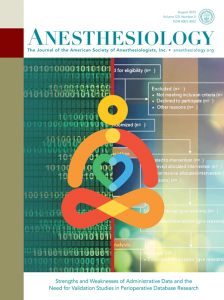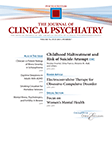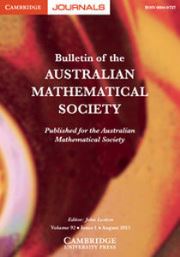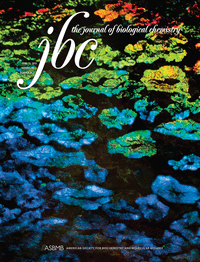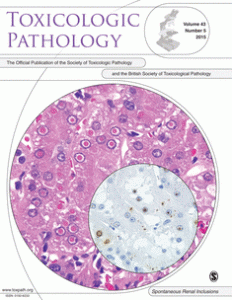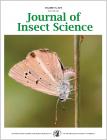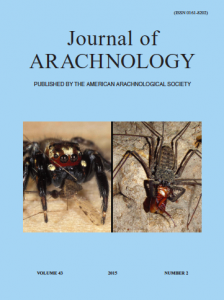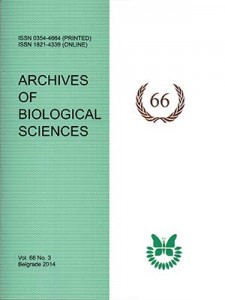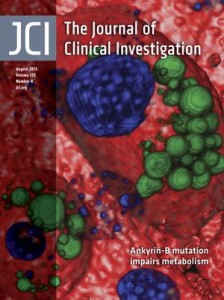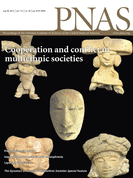Justus Liebig University in Germany has been investigating concerns that Joachim Boldt, number two on the Retraction Watch Leaderboard and now up to 92 retractions, may have “manipulated” more data than previously believed.
Until now, the vast majority of Boldt’s retractions were thought to have involved inadequate ethics approval. However, new retraction notices for Boldt’s research suggest that there’s evidence the researcher also engaged in significant data manipulation.
The first retraction from the university investigation emerged last year. Two of three new notices cite the investigation specifically, and an informant at the university told us that there are more retractions to come.
Here are the retracted papers that are freshly on the record, starting with an August retraction for a 1991 Anesthesiology paper (cited 37 times, according to Thomson Scientific’s Web of Knowledge):
Continue reading Three more retractions for former record-holder Boldt, maybe more to come
